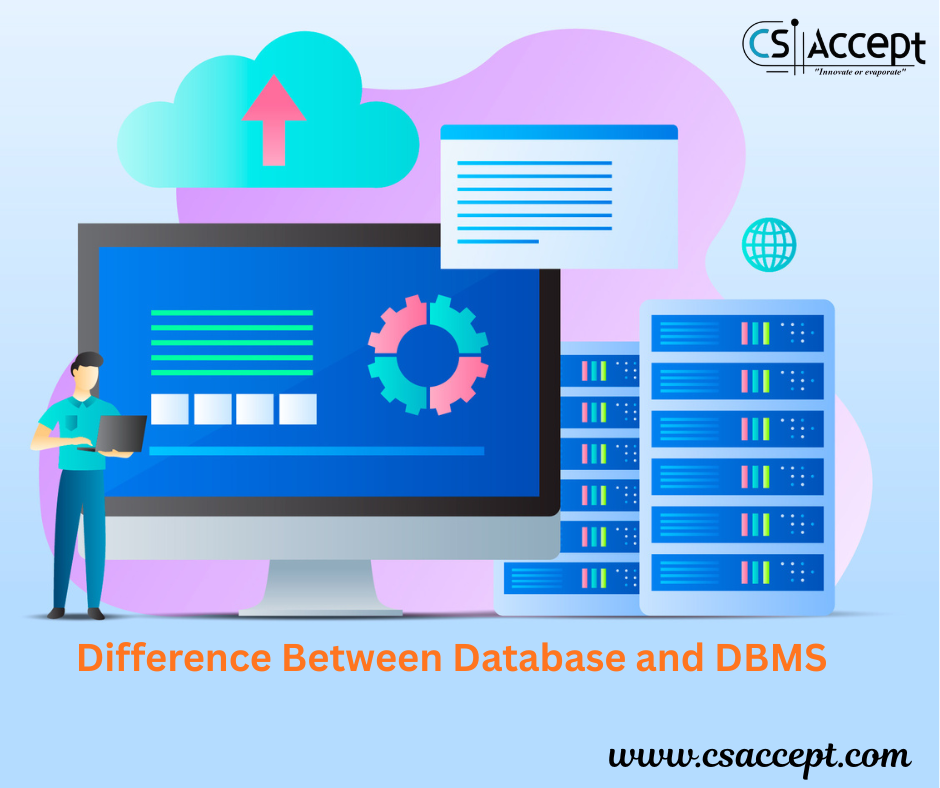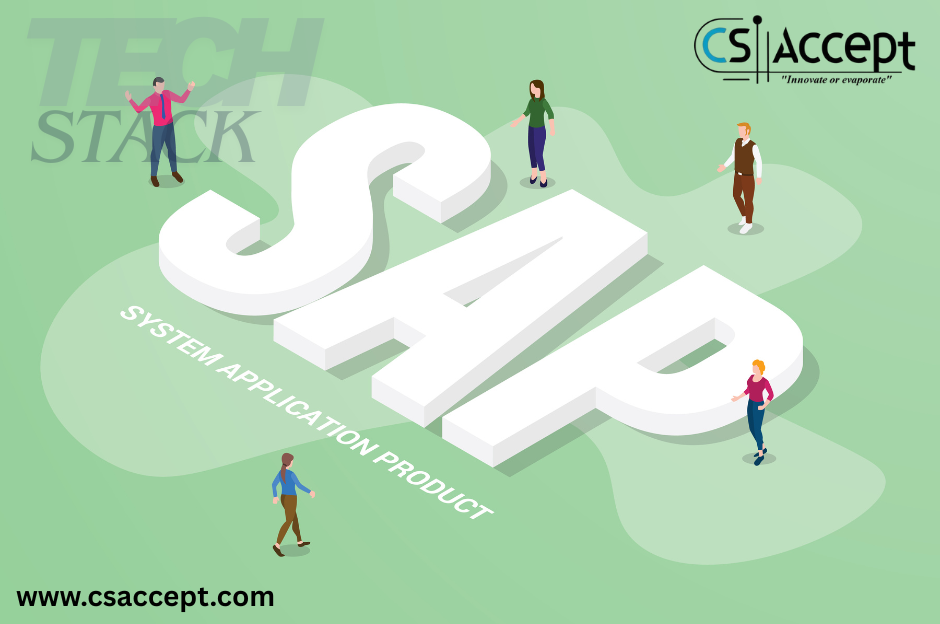
GitHub Copilot, developed by GitHub in collaboration with OpenAI, is significantly changing the landscape of software development and programming. It acts as an AI-powered coding assistant that helps developers write code more efficiently by suggesting code snippets, entire functions, comments, and even complex algorithms based on natural language prompts or existing code context. Below is a comprehensive breakdown of how GitHub Copilot is transforming programming:
1. Introduction to GitHub Copilot
What is GitHub Copilot?
GitHub Copilot is an AI-powered code completion tool integrated into development environments like Visual Studio Code, JetBrains, and Neovim. It is built on OpenAI’s Codex model, a descendant of GPT-3, and trained on a massive corpus of public code from GitHub, documentation, and other sources.
Key Capabilities
- Autocompletion of lines or entire blocks of code.
- Writing boilerplate or repetitive code.
- Translating natural language comments into code.
- Suggesting tests, functions, and even debugging ideas.
2. Enhancing Developer Productivity
Code Completion and Suggestions
Copilot offers real-time code suggestions as developers type, helping reduce the need to write routine or boilerplate code manually.
Speeding Up Development Cycles
Developers can focus on higher-level logic and architecture while Copilot handles syntax, formatting, and repetitive structures.
Assistance Across Languages and Frameworks
Supports dozens of programming languages, including Python, JavaScript, Java, TypeScript, Go, Ruby, C++, and more.
3. Lowering the Barrier to Entry
Helping Beginners Learn to Code
- New programmers can use Copilot to understand how common coding patterns are implemented.
- It acts as a live tutor, providing examples in context as users write code or comments.
Natural Language to Code
By typing natural language prompts (e.g., “Create a function that sorts a list of numbers”), users can get functioning code—bridging the gap between intention and implementation.
4. Supporting Experienced Developers
Accelerating Prototyping
Experienced programmers use Copilot to rapidly prototype ideas or experiment with new APIs and libraries.
Reducing Context Switching
Copilot minimizes the need to constantly switch between the code editor and browser for syntax or documentation lookups.
Inspiration for Better Code
Sometimes it offers alternative approaches or optimizations that the developer may not have initially considered.
5. Improving Code Quality (and Challenges)
Unit Test Suggestions
Copilot can write unit tests, thereby promoting test-driven development and improving software reliability.
Consistency in Code Style
It can adapt to and replicate the coding style of a project, promoting uniformity across a codebase.
But… It’s Not Always Correct
- Accuracy Limitations: Copilot may produce insecure, outdated, or syntactically incorrect code.
- False Confidence: New developers may trust suggestions blindly, which could lead to bugs or vulnerabilities.
6. Ethical and Legal Considerations
Intellectual Property Concerns
Copilot is trained on publicly available code, raising questions about licensing and reuse. GitHub states that Copilot suggestions are not direct copies, but the debate continues.
Code Ownership
Who owns the code Copilot generates? While the user writes the final version, the AI’s involvement complicates authorship in legal contexts.
7. Changing the Role of Developers
From Coder to Curator
Developers increasingly act as curators or editors, reviewing and refining AI-generated code rather than writing everything from scratch.
Collaboration with AI
Instead of replacing programmers, Copilot acts as a collaborator—augmenting human intelligence and reducing cognitive load.
8. The Future of Programming with Copilot
Integration with DevOps and CI/CD
Copilot is increasingly integrated with tools that automate deployment, testing, and code reviews—streamlining the entire software development lifecycle.
Copilot for Enterprises
GitHub has launched Copilot for Business and Copilot for Enterprise, which offer integration with private codebases, compliance settings, and enhanced security filters.
Copilot Workspace
Announced as a complete AI-powered environment where developers can plan, write, test, and debug code with Copilot’s assistance end-to-end.
9. Community and Ecosystem Impact
Changing Developer Education
Bootcamps and computer science curricula are beginning to incorporate AI coding assistants into their teaching methods.
Open Source Contributions
Copilot can help users understand complex open-source projects more easily, increasing engagement and contributions.
10. Limitations and Risks
- Security Risks: Copilot may suggest insecure code patterns or vulnerabilities.
- Bias and Fairness: Copilot can perpetuate biases found in training data.
- Overreliance: There’s a risk of developers becoming overly dependent on AI suggestions, reducing critical thinking.
Conclusion
GitHub Copilot is revolutionizing how programming is done by combining natural language processing with powerful coding assistance. While it offers substantial productivity gains and learning support, it also introduces new challenges around accuracy, security, and intellectual property. Ultimately, Copilot is not replacing developers but redefining their role—making coding more accessible, faster, and collaborative with AI.






